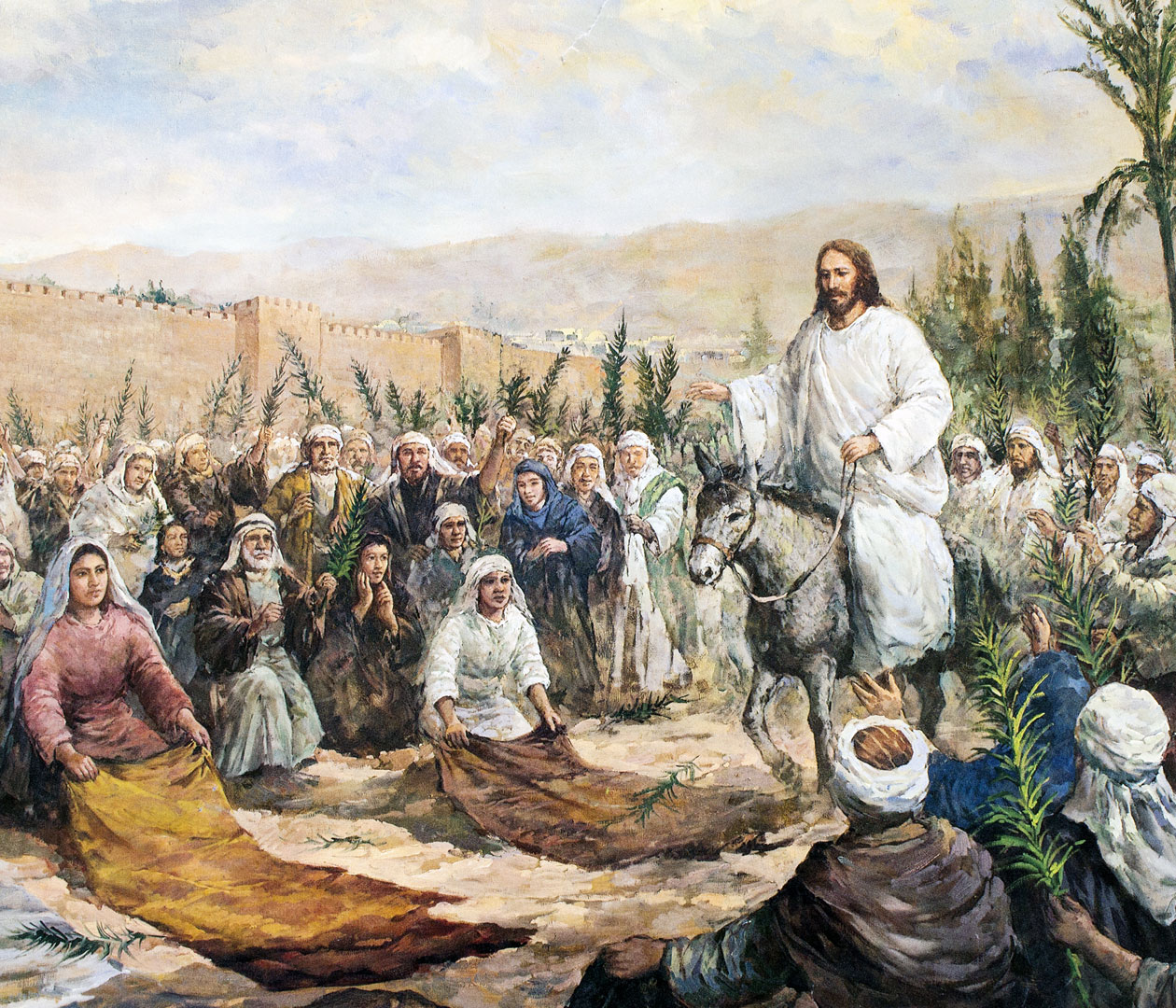In the quest to understand humanity's origins, numerous theories and ideologies have been put forward by scholars, scientists, and theologians alike. One of the most fascinating and widely debated topics in the study of human origins is the question, “Where do humans come from?”
Theories of Human Origins
The Out-Of-Africa Theory
According to the Out-of-Africa Theory, also known as the replacement model, modern humans evolved in Africa around 200,000 years ago, before migrating across the world and replacing all other hominid species, including Neanderthals, Denisovans, and other archaic humans. The theory is supported by genetic and fossil evidence, as well as archaeological findings, which suggest a relatively recent divergence of all modern humans from a single African population.
The Multiregional Theory

The Multiregional Theory, on the other hand, argues that Homo sapiens evolved independently in different parts of the world from earlier hominids, such as Homo erectus, and that constant gene flow between populations ensured the continuity of a single evolving species. This theory is supported by fossil and genetic evidence, as well as cultural similarities and differences among different populations. However, recent research challenges the validity of this theory, suggesting that gene flow did not occur at the levels previously assumed.
The Hybridization Theory

The Hybridization Theory posits that modern humans are the result of interbreeding between Homo sapiens and other hominid species, such as Neanderthals, Denisovans, and other archaic humans. This theory is supported by genetic and fossil evidence, which suggests that modern humans carry traces of genetic material from these other species, as well as archaeological findings, which suggest that interbreeding occurred at certain points in human history. However, the exact extent and timing of this interbreeding remains a subject of ongoing research and debate.
Theological Views of Human Origins
The Creation Story

The creation story, as depicted in various religious texts such as the Bible, Quran, and Vedas, attributes humanity's origins to a divine creator or deity. Different versions of the creation story exist, ranging from a six-day creation event to a cyclical process of cosmic birth and rebirth, but they share the belief that humans were created in the image of a higher power and are imbued with a divine essence. These theological views have shaped the moral and ethical frameworks of different cultures and societies, and continue to influence human beliefs and behaviors.
Where Does Human Diversity Come From?

While the origins of humanity remain a subject of scientific and theological inquiry, the complex diversity of the human species is also a matter of fascination and study. Human diversity can be observed in various physical and cultural traits, such as skin color, eye shape, language, and social customs, among others. The causes and significance of this diversity are multifaceted and often intertwined, involving genetic, environmental, historical, and social factors. Understanding human diversity is essential for promoting tolerance, respect, and appreciation for the richness of the human experience.
Tips, Ideas, and How-To
Whether studying human origins or exploring human diversity, here are some tips, ideas, and how-to guides to enhance your knowledge and understanding:
- Read scientific and theological literature on human origins and evolution, such as "Sapiens" by Yuval Noah Harari, "The Origin of Species" by Charles Darwin, or the religious texts of your choice.
- Visit museums, archaeological sites, and natural history exhibits to see fossils, artifacts, and other objects that illustrate humanity's evolution and diversity.
- Participate in cultural exchange programs, language classes, and international travel to learn about different cultures and customs firsthand.
- Engage in respectful and informed discussions with people from different backgrounds and viewpoints to broaden your perspective and build empathy.
- Use scientific tools, such as genetic testing or radiometric dating, to deepen your understanding of human origins and diversity.
- Advocate for social justice and equality, including the recognition and protection of indigenous cultures and communities, the celebration of diversity, and the protection of human rights for all.
By exploring the origins and diversity of humanity, we can gain a deeper appreciation of our shared history and connections, as well as embrace the beauty and complexity of our differences.
Find more articles about Where Does Human Come From